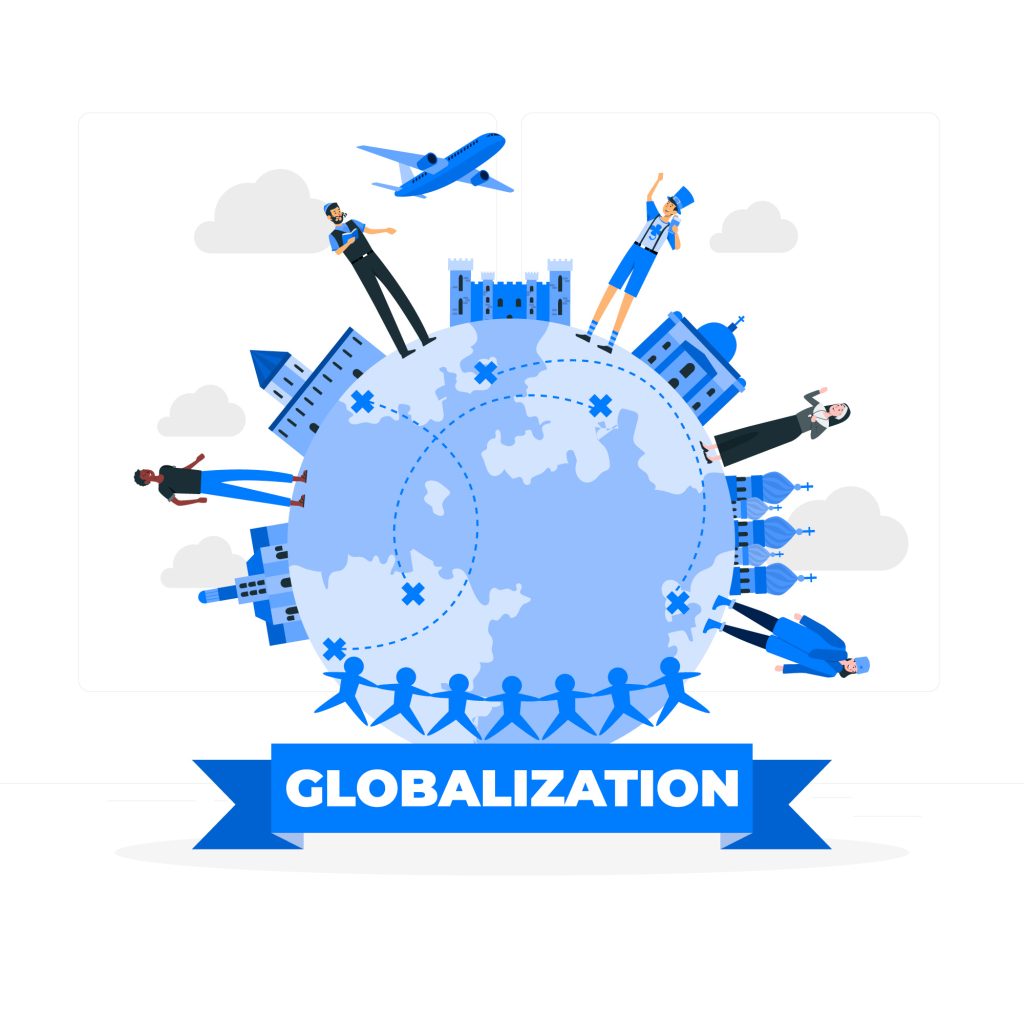

In the evolving landscape of global manufacturing, African countries are emerging as significant players, harnessing technology to transform their industries. Countries like South Africa, Nigeria, Kenya, and Egypt are at the forefront of this industrial revolution. However, to remain competitive and attract high Foreign Direct Investment (FDI), these nations must continuously improve their manufacturing processes. Artificial Intelligence (AI) offers a potent tool for driving this continuous improvement, optimizing operations, and boosting productivity.
South Africa boasts a well-established manufacturing sector, contributing significantly to the GDP. The automotive, metalworking, and machinery industries are particularly robust. However, challenges such as high labor costs and energy supply issues persist, necessitating innovative solutions for sustainable growth.
Nigeria, with its large population and abundant natural resources, has a burgeoning manufacturing sector focused on consumer goods, textiles, and food processing. Yet, the industry grapples with infrastructure deficits and inconsistent power supply, impeding its full potential.
Kenya’s manufacturing sector is diverse, encompassing agro-processing, textiles, and pharmaceuticals. The country’s strategic location and improving business environment position it as a manufacturing hub in East Africa. However, challenges like high production costs and skill gaps must be addressed to enhance competitiveness.
Egypt’s manufacturing sector is integral to its economy, with significant contributions from textiles, chemicals, and food processing industries. The country’s strategic location and investment-friendly policies make it attractive for FDI. Nonetheless, political instability and bureaucratic inefficiencies pose challenges.
AI can revolutionize maintenance strategies through predictive maintenance, using data from machinery sensors to predict equipment failures before they occur. This proactive approach reduces downtime and maintenance costs, enhancing productivity.
Implementing AI-driven quality control systems can significantly reduce defects and waste. Machine learning algorithms can analyze images and sensor data to detect anomalies in real-time, ensuring consistent product quality and minimizing rework.
AI can optimize supply chain operations by forecasting demand, managing inventory levels, and predicting potential disruptions. This enhances the efficiency and responsiveness of the supply chain, reducing costs and improving customer satisfaction.
AI can improve production planning and scheduling by analyzing historical data and real-time inputs to optimize resource allocation. This leads to more efficient production processes, reducing idle time and increasing throughput.
AI can help manage energy consumption more effectively by analyzing usage patterns and optimizing energy use in real-time. This not only reduces operational costs but also contributes to sustainability goals.
The successful integration of AI into African manufacturing requires a synergy between human intelligence and AI. Human expertise is crucial in understanding the unique challenges of the local manufacturing environment and customizing AI solutions accordingly. Here’s how this collaboration can drive progressive AI deployment:
Investing in the training and development of the workforce to handle AI technologies is essential. This includes upskilling current employees and fostering a new generation of tech-savvy workers who can harness AI tools effectively.
Encouraging collaboration between AI developers, manufacturing experts, and academic institutions can lead to innovative solutions tailored to the specific needs of African manufacturers. This ecosystem of innovation can drive continuous improvement and technological adoption.
Forming strategic partnerships with global technology companies can accelerate AI adoption. These partnerships can provide access to cutting-edge AI technologies and expertise, fostering a culture of continuous improvement.
Governments must create conducive environments for AI adoption through supportive policies, including incentives for AI investments and regulations that promote data sharing and innovation.
The progressive deployment of AI in manufacturing can significantly enhance the attractiveness of African countries to foreign investors. Improved efficiency, quality, and competitiveness make these markets appealing destinations for FDI, driving economic growth and development.
The role of AI in continuous improvement drives for African manufacturers cannot be overstated. By addressing current challenges and optimizing operations, AI can transform the manufacturing landscape in Africa. The collaboration between human intelligence and AI, supported by strategic partnerships and conducive policies, will pave the way for a vibrant and competitive manufacturing sector. This transformation will not only boost productivity and quality but also attract substantial FDI, fueling sustainable economic growth across the continent.

Proin eget tortor risus. Curabitur aliquet quam id dui posuere blandit. Vivamus suscipit tortor eget felis porttitor volutpat.



